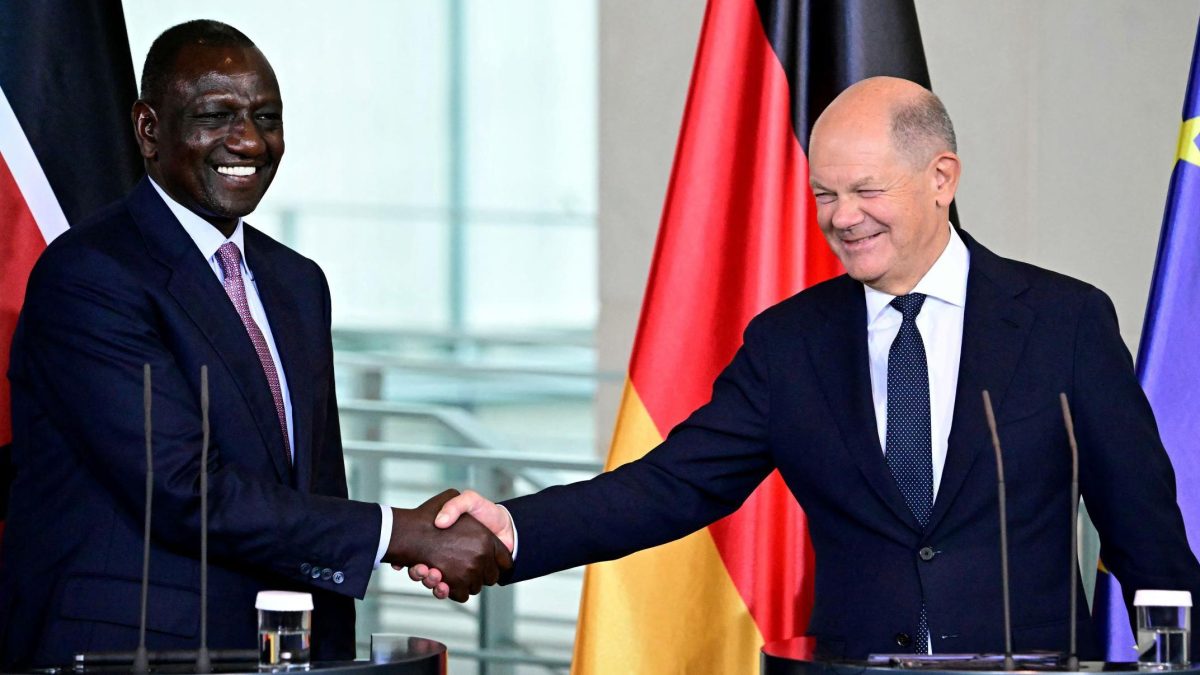
Germany to Welcome 250,000 Kenyan Workers Amid Skilled Labour Shortage
Germany has signed a deal with Kenya to bring 250,000 skilled and semi-skilled Kenyan workers to Europe’s largest economy. The agreement aims to tackle Germany’s skilled labour shortage while providing opportunities for young Kenyans struggling to find employment in their home country.
As part of the deal, five Kenyan bus drivers have already arrived in Flensburg, Germany, in a pilot project to pave the way for more workers. The labour agreement, signed by Germany’s Chancellor Olaf Scholz and Kenyan President William Ruto in Berlin, is a key initiative under Germany’s efforts to control immigration while addressing workforce shortages.
In addition to job opportunities, the deal simplifies the process for repatriating Kenyans without legal status in Germany. It also includes a pathway for Kenyan workers to secure temporary residence permits and long-term visas for study and vocational training. The agreement allows Kenyan IT specialists to work in Germany without formal qualifications, and workers with vocational training or university degrees can migrate if their qualifications are recognized.
Both governments have committed to safeguarding the rights of Kenyan workers, ensuring protection from exploitation, forced labour, and human trafficking. The International Labour Organisation (ILO) praised the agreement, saying it would provide Kenyan workers with access to decent foreign jobs while helping Germany address its labour shortages.
However, the deal has sparked concerns in Kenya about a potential brain drain, especially in the healthcare sector. Kenyan lawyer and politician Ekuru Aukot expressed worry that the country could lose skilled professionals like doctors and nurses to overseas markets. But Roseline Njogu, a senior official in Kenya’s foreign affairs ministry, defended the agreement, saying it was a response to global labour demands. She emphasized that Kenya’s workforce is growing rapidly, and creating sufficient local jobs takes time and resources.
The first batch of Kenyan workers, including the bus drivers, will undergo training as part of a pilot project, with doctors, nurses, and teachers expected to follow. The deal aims to balance Germany’s need for skilled labour with the employment challenges faced by Kenya’s growing youth population.
Credit: https://newscentral.africa/
NB: The images and/or content, except where otherwise indicated, are taken directly from the web, if some images or content were inserted by mistake violating the copyright, please contact the administrator for immediate removal.
We publish all content with good intentions. If you own this content & believe your copyright was violated or infringed, please contact us for immediate removal.
